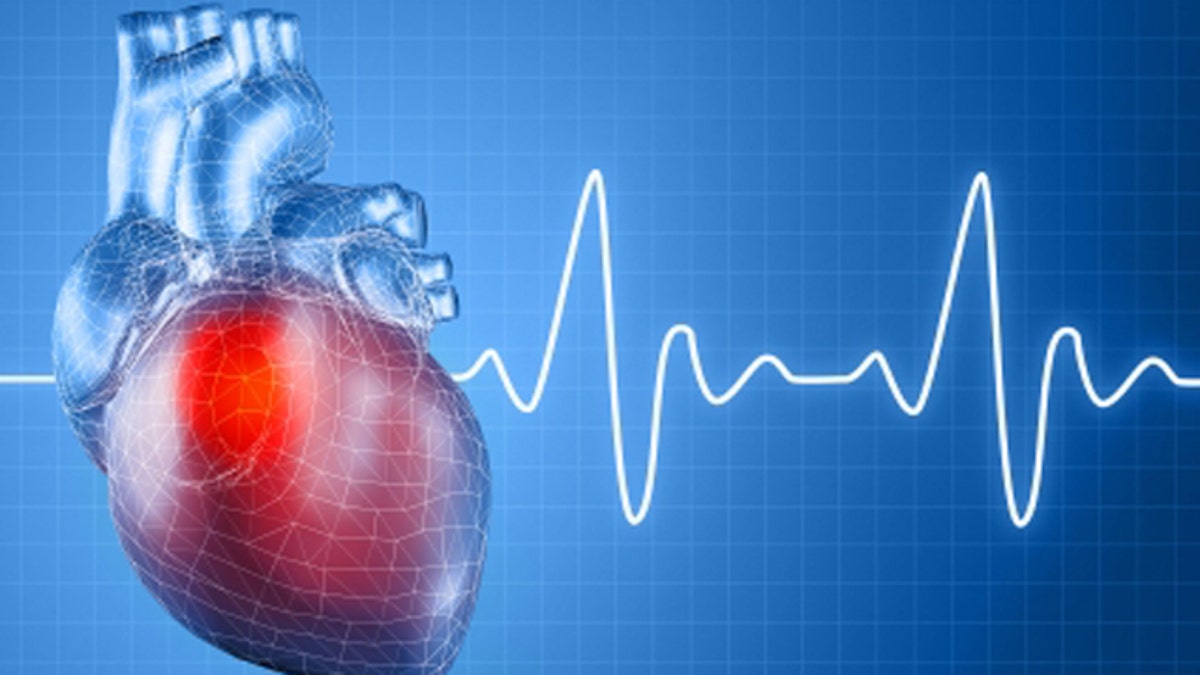
(iStock)
Calcium heart scans could help people lower their blood pressure and cholesterol levels, according to a new study on the controversial x-ray tests.
Several professional groups are already pushing for more widespread use of the scans, yet they've never been shown to cut the risk that people will die from heart disease.
What's more, recent studies have found no evidence that screening healthy people's hearts will influence their lifestyle or medication.
This lack of encouraging data has led some experts to fear that computed tomography (CT) -- a type of high-dose x-rays, which include calcium scans -- might do more harm than good.
For instance, a typical CT scan exposes patients to several millisieverts of radiation. Experts say that translates into about one extra case of cancer per 1,000 typical scans.
For the new study, Dr. Alan Rozanski of St. Luke's Roosevelt Hospital in New York and colleagues divided more than 2,100 healthy, middle-aged people into two groups. One got a calcium scan, the other didn't.
Both groups of participants had some risk factors for heart disease at the outset -- such as high blood pressure or obesity, for instance -- and got counseling on how to reduce their risk.
Those who got scanned also went through their calcium scores with a nurse practitioner and received a copy of the scan that they could show their own doctor.
Calcium deposits make up part of the cholesterol plaques that clog arteries in people with heart disease. Many experts believe they give a more precise idea of the chances of developing heart problems down the road.
Writing in the Journal of the American College of Cardiology, Rozanski and colleagues note that the treatment costs were not appreciably different between the two groups.
Assuming a calcium scan costs $150, they found scanned patients racked up a medical bill of $4,053 over the 4-year study, compared to $3,649 for patients who just got counseling.
More of the scanned participants started taking blood pressure medicine during the study. Overall, they lowered their blood pressure by two points more than those who weren't scanned over 4 years. Their LDL or "bad" cholesterol also dropped by four points more.
That translated into a tiny decrease in their risk of suffering a heart attack over the next 10 years -- less than one percent -- according to a statistical model that doctors often use.
But it's not certain what that drop really means, Dr. Rita F. Redberg, a cardiologist at the University of California, San Francisco, told Reuters Health.
"It would be a good thing if that led to a better quality of life or to living longer but we don't know that," said Redberg, who wasn't involved in the study.
Indeed, the number of heart attacks and deaths was actually slightly larger in the group that got calcium scans, although that might have been due to chance.
And there was no difference in the number of people who quit smoking or started exercising regularly -- two lifestyle choices that are closely tied to heart disease.
"Certainly I wouldn't want to recommend getting a scan when there wasn't any evidence of improvement in clinical events," Redberg said.
Still, the number of Americans who get these tests has been climbing fast in recent years. According to Redberg, hundreds of thousands of Americans get CT heart scans every year.
Several organizations -- including the American Heart Association and the American College of Cardiology -- are pushing the scans in people without symptoms of heart disease, but other experts remain skeptic.
For example, the U.S. Preventive Services Task Force, a federal expert panel, currently discourages routine calcium scans in people who aren't at increased risk of heart disease.
For those who are, the panel says, there simply isn't enough evidence to give good advice.
The new study was supported both by public and private money, and some of the researchers have received financial support in the past from medical imaging companies.
